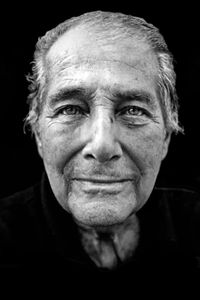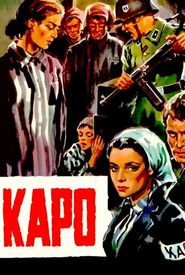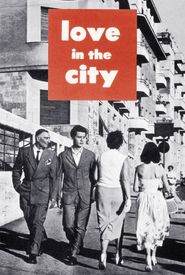Gillo Pontecorvo, a renowned Italian filmmaker, entered the world on November 19, 1919, in Pisa, Italy, where he was born to a family of Italian Jewish descent. His father, Pellegrino Pontecorvo, was a successful Jewish industrialist, and his brothers, Bruno and Guido, went on to achieve notable careers in their respective fields, with Bruno becoming a prominent nuclear physicist and Guido specializing in genetics.
Pontecorvo, a scholar with a background in chemistry, made a sudden yet profound career shift, abandoning the realm of academia to pursue a vocation in journalism. He secured a position as a correspondent in the City of Light, Paris, where he wrote for numerous Italian publications, sharing his perspectives with the world.
As his journalistic endeavors flourished, Pontecorvo's political convictions began to take center stage. In 1941, he joined the Italian Communist Party, becoming an active member of the organization. This newfound affiliation led him to participate in clandestine anti-fascist activities in the northern regions of Italy, fighting against the oppressive forces of fascism.
Following the conclusion of the Second World War, Pontecorvo embarked upon a cinematic career, initially serving as an apprentice to renowned filmmakers Yves Allégret and Mario Monicelli, thereby gaining valuable experience and insight into the craft.
Subsequently, in 1953, Pontecorvo began to produce a series of documentary essays, marking the commencement of his career as a filmmaker.
Fast-forwarding to 1957, Pontecorvo directed his inaugural feature-length film, "A Called Squarcio", a milestone in his professional journey as a director.
Gillo Pontecorvo's most renowned cinematic masterpiece is undoubtedly The Battle of Algiers, a thought-provoking film that premiered in 1966 and masterfully chronicles the tumultuous police action undertaken by the French army during the pivotal Battle of Algiers.
This groundbreaking motion picture, directed by the visionary Gillo Pontecorvo, garnered widespread critical acclaim and commercial success upon its release, yet it was simultaneously met with censorship and banishment in France for an extended period of time.
The reason for this prohibition was the film's unflinching portrayal of the brutal torture perpetrated by the French army, a stark and unapologetic depiction that left an indelible mark on the cinematic landscape.
Despite the controversy that surrounded its release, The Battle of Algiers remains a landmark film in the history of world cinema, a powerful testament to the enduring impact of Pontecorvo's vision and artistry.
In the year nineteen hundred and sixty-nine, Pontecorvo brought his cinematic vision to life by directing the historical epic film, Queimada, which served as a cinematic depiction of the pivotal Haitian revolution.
Noted Italian film director, Pontecorvo, remained actively engaged within the film industry throughout the 1970s and 1980s, leaving an indelible mark on the cinematic landscape.
During this period, he took the helm of two notable films, Operation Ogre and L'addio a Enrico Berlinguer, showcasing his versatility and range as a director.
Furthermore, Pontecorvo also contributed to the collaborative effort on the film L'addio a Enrico Berlinguer, highlighting his ability to work effectively with others to bring a project to fruition.
Pontecorvo's continued presence in the film industry during the latter half of the 20th century was a testament to his dedication, passion, and commitment to his craft.
As a result, his body of work from this era continues to be celebrated and studied by film enthusiasts and scholars alike, offering valuable insights into his artistic vision and creative process.
The legacy of Pontecorvo's contributions to the world of cinema is a lasting one, and his continued influence can be seen in the many filmmakers who have been inspired by his work.
In conclusion, Pontecorvo's work in the 1970s and 1980s serves as a remarkable chapter in his illustrious career, solidifying his position as a prominent figure in the history of Italian cinema.
Mario Pontecorvo, a renowned figure in the world of cinema, was entrusted with the esteemed responsibility of directing the prestigious Venice Film Festival in the year 1992. This marked a significant milestone in his illustrious career, as he went on to assume the role of festival director, overseeing the 50th edition of the event in the following year, 1993.
Noted physicist and esteemed scholar, Bruno Pontecorvo, left this mortal coil on October 12, 2006, at the ripe age of 86, after a long and storied life, with his final resting place being the eternal city of Rome, Italy.


























